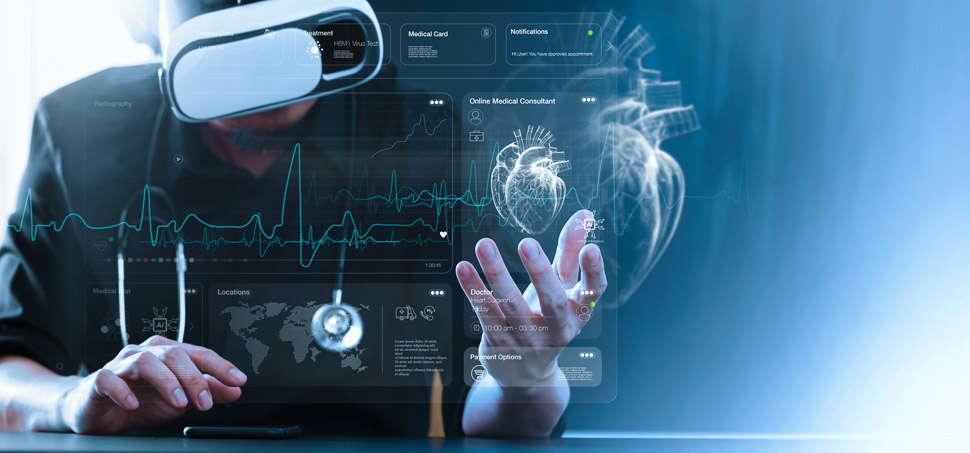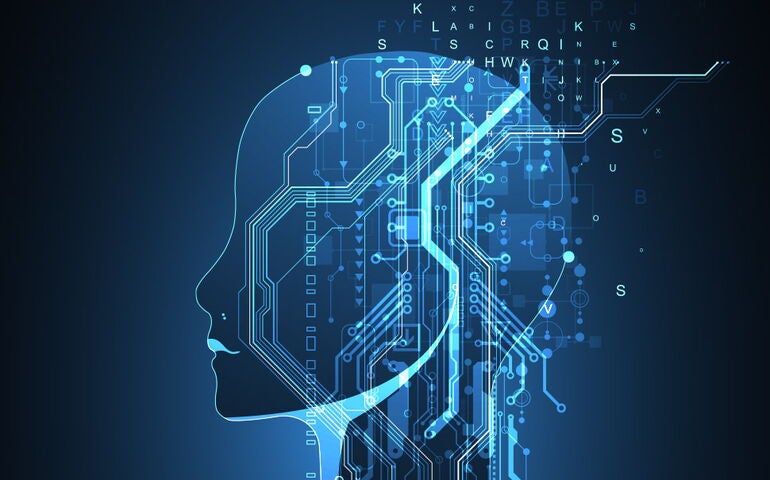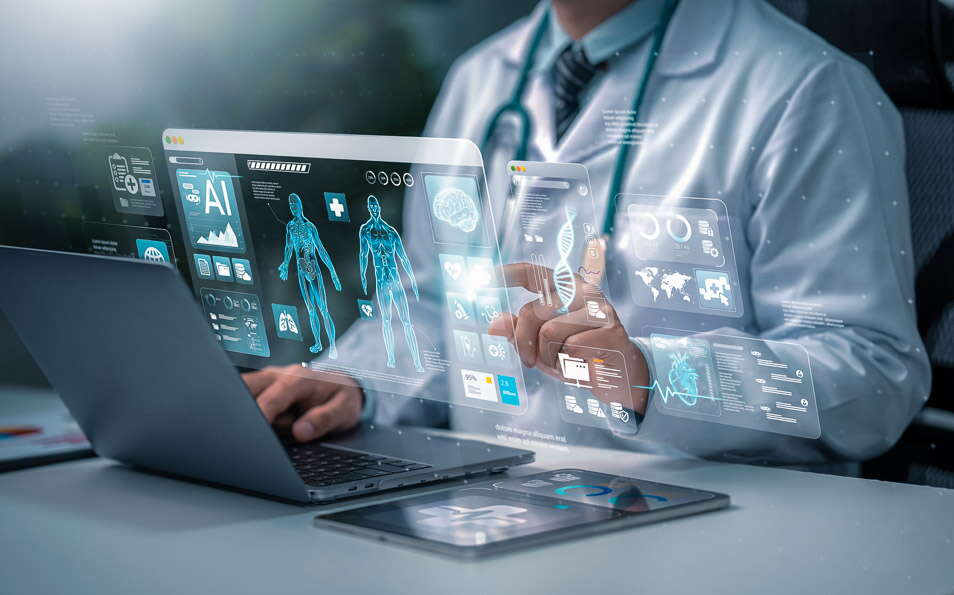
The future of AI: A roundup of breakthroughs, data and uncharted territory
 Adobe Stock
Adobe Stock
Artificial intelligence is no longer a futuristic concept; it is here, reshaping how we live, work, and connect. The pace of innovation can feel overwhelming, but understanding the basics is the first step to making sense of this transformation. From everyday tools to groundbreaking breakthroughs, let’s explore some of the most important developments in AI today.

Technology with HEA(RT)
The Healthcare Enabled by AI in Real Time Impact Engine (HEA(RT)), being studied at the Roux Institute of Northeastern University, is tackling the challenges of cardiac surgery recovery with AI-enabled healthcare.
By integrating predictive machine-learning algorithms into real-time electronic health records, vital signs, physiological waveforms, and wearable data, HEA(RT) helps caregivers in Maine Medical Center’s Cardio-Thoracic ICU better anticipate adverse events and lower readmission rates. This approach not only reduces costs by preventing complications but also sets the stage for expanding AI-driven care throughout the entire patient recovery lifecycle, from surgery to rehab to home.

AI for early cancer detection
Northeastern University bioengineering assistant research professor Saeed Amal and his team have developed a new AI architecture that can detect breast cancer with 99.7% accuracy, according to the journal Cancers.
Building on their earlier work with prostate cancer detection, the researchers aim to create a web-based framework for diagnosing multiple cancers and redefining digital pathology. The team has also submitted an invention disclosure with Northeastern’s Center for Research Innovation, positioning this breakthrough as a step toward improving early detection and saving lives.

AI bots and human interaction
C. Matt Graham, associate professor of Information Systems and Security Management at the Maine Business School, University of Maine, examined consumer perceptions of AI chatbots on social media in his paper, “Consumer Perceptions of AI Chatbots on Twitter (X) and Reddit: An Analysis of Social Media Sentiment and Interactive Marketing Strategies.”
By analyzing more than 800,000 posts between the launches of ChatGPT-3 and ChatGPT-4, the study found that most comments reflected positive emotions such as joy and anticipation, with trust emerging as the dominant theme.
However, concerns around job displacement, lack of emotional intelligence, and overreliance on AI persisted. The findings suggest that while ChatGPT is becoming part of everyday life, businesses must balance optimism with caution by highlighting transparency in training, positioning AI as a complement to human work, and creating engaging interactions that build brand loyalty.

AI skills in cybersecurity
In his paper, “AI Skills in Cybersecurity: Global Job Trends Analysis,” C. Matt Graham from the University of Maine investigated the global demand for artificial intelligence expertise in cybersecurity roles by analyzing more than 8,000 job postings across nine countries.
The research identified machine learning, natural language processing, predictive analytics, and neural networks as the most sought-after skills, each tied to cybersecurity functions such as anomaly detection, threat intelligence, and automated incident response.
While these skills are globally relevant, regional differences emerged, such as the United States and the United Kingdom emphasizing threat intelligence, while the United Arab Emirates focused on automated response. These findings provide valuable insights for educators, employers, and job seekers, underscoring that success in cybersecurity increasingly depends on AI-driven skills and tailored education to meet the demands of a rapidly evolving threat landscape.










0 Comments